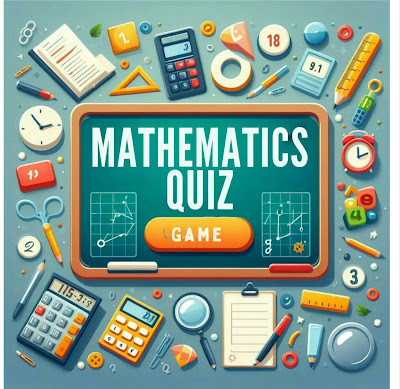Permutations and Combinations 1
Permutations and Combinations
- Factorial: The factorial of a number \( n \) is the product of all positive integers less than or equal to \( n \). It is denoted as \( n! \). \( n! = n \times (n-1) \times (n-2) \times \ldots \times 3 \times 2 \times 1 \)\( 0! = 1 \)
- Permutations: A permutation is a way of selecting and arranging objects in a particular order. The keyword is arranged.
- The number of permutations of all \( n \) objects is given by: \( ^nP_n = n! \)
- The number of permutations of \( r \) objects from \( n \) distinct objects is: \( ^nP_r = \frac{n!}{(n-r)!} \)
- For permutations where there are \( p, q, r, \ldots \) of each type: \( \frac{n!}{p! \times q! \times r! \times \ldots} \)
Example: How many ways can you arrange the letters in the word "BOOK"?
The word "BOOK" has 4 letters where 'O' is repeated. The number of permutations is:\( \frac{4!}{2!} = \frac{24}{2} = 12 \) - The number of permutations of all \( n \) objects is given by:
- Combinations: A combination is a way of selecting objects without regard to the order. The keywords are chosen and selected.
- The number of combinations of \( r \) objects from \( n \) distinct objects is: \( ^nC_r = \frac{n!}{r!(n-r)!} \)
Example: How many ways can you choose 2 fruits from a basket of 5 different fruits?
The number of combinations is:\( ^5C_2 = \frac{5!}{2!(5-2)!} = \frac{120}{2 \times 6} = 10 \) - The number of combinations of \( r \) objects from \( n \) distinct objects is:
Quiz 1
Quiz 2





Comments
Post a Comment